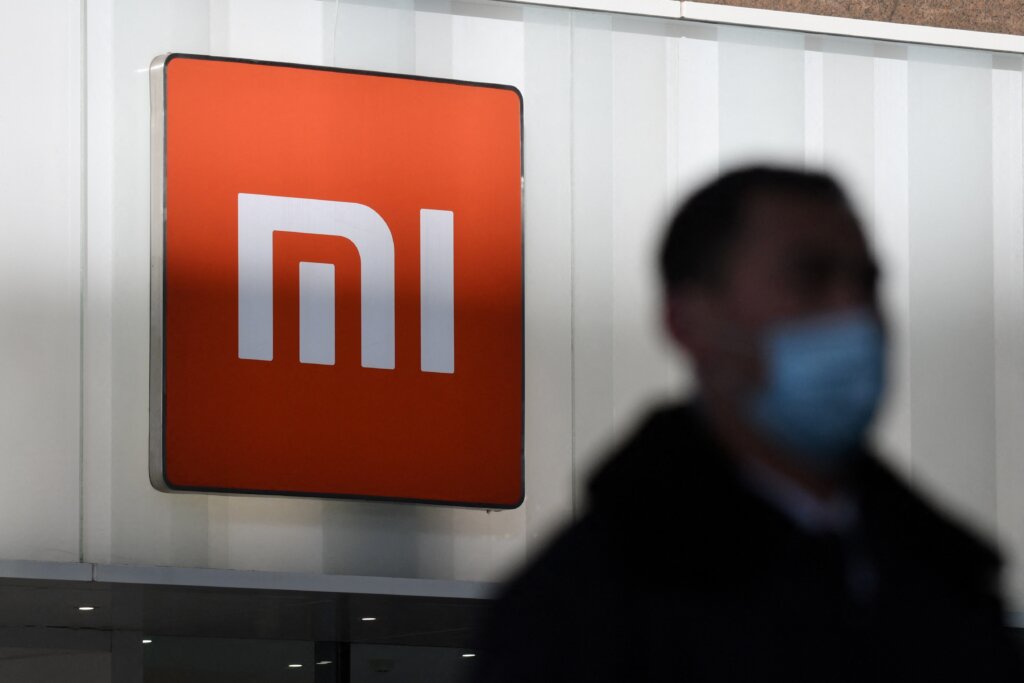Concerned of Chinese technology infringing on privacy? Think again.

Chinese technology continues to draw attention and make headlines worldwide for a multitude of reasons. The latest being the use of China-made smartphones, allegedly being used to impinge on users’ free speech.
According to reports, an analysis by the Lithuanian National Cyber Security Centre (NCSC), Xiaomi mobile devices sold in Europe have a built-in ability to detect and censor particular terms deemed offensive towards China. The censorship capability has been turned off for devices in the European Union, but the ministry of defense warned that it could be turned on remotely.
“Our recommendation is to not buy new Chinese phones, and to get rid of those already purchased as fast as reasonably possible,” said Lithuania’s Defence Deputy Minister Margiris Abukevicius, according to Reuters.
The Chinese technology company has since released a statement stating that they do not censor communication to or from its users. The statement further noted that it never restricts or blocks any personal behaviors of its’ smartphone users. This includes the searching, calling, or web-browsing that makes use of third-party communication software.
“Xiaomi fully respects and protects the legal rights of all users. Xiaomi complies with the European Union’s General Data Protection Regulation,” the statement added.
This is not the first piece of Chinese technology that has been making headlines for privacy concerns. Other Chinese tech giants have been implicated, like Huawei was accused of using its 5G infrastructure to spy on countries that were using them, while Tik Tok was initially facing a ban in the US as well as being accused of spying on its users at the behest of Chinese authorities.

(Photo by GREG BAKER / AFP)
The problem is not just Chinese technology
While the Lithuanian government feels that Chinese technology providers are censoring free speech, the reality is other providers also may be doing the same. Censoring free speech is concerning for some, but the bigger concern that governments should be looking at is privacy infringement.
Today, there are myriad smart mobile phone devices from an assortment of technology companies. Each of these devices is capable of invading privacy. The reality is, any smart device can be hacked into and used to listen, record and monitor its user activities. Put it simply, mobile devices can be turned into the ultimate spy gadget.
Such was the case with Apple devices. Several weeks ago, the Pegasus spyware caused shockwaves around the globe after it was reportedly used to spy on politicians and activists in several countries. The spyware could infiltrate Apple devices easily, listen in to conversations and remotely turn on the camera without the user having any knowledge of it.
Apple acknowledged the incident and has since released several patches to protect its devices from spyware. The Israel-based NSO Group, which developed the Pegasus spyware has also said that their product was meant to be used by intelligence and surveillance bodies only.
Which begs the question — how different is the Pegasus spyware to any Chinese hardware?
And it is not just spyware that is giving privacy concerns. Apple was also under heavy criticism recently when it announced a new feature to detect child sexual abuse victims. The new feature was a detection software that would scan through photos in Apple devices to flag sexual abuse content featuring minors.
Digital privacy advocates were heavily against this due to the privacy quagmire of going through all of the user’s media. Despite Apple providing numerous explanations, the fact that the process would still involve some human decision-making at the tail end of the process was not accepted by many. Apple has since announced that it will not implement the feature for now.
Messaging service WhatsApp also came under heavy bombardment from the public when it announced that it will make several changes to its privacy policy. The move would allow the app to have targeted marketing on users based on chat analysis. With many users moving to alternative chat apps, WhatsApp postponed the amendments as well.
No matter how much Chinese technology is drawing flak nowadays, the bottom line is that other tech and service providers have their fair share of privacy issues. One of the reasons for the China spotlight from the Lithuanian government, could be their souring relationship with China. For Chinese technology though — if any one person, organization or nation doesn’t want your innovations, there will always be others in the developing world who will be clamoring for it.
In the meantime, free speech and privacy issues will continue to make headlines as the role of technology becomes increasingly pervasive, and influential, in our lives. The only way to deal with this is to understand the technologies at play, and the risks that come with using it.










